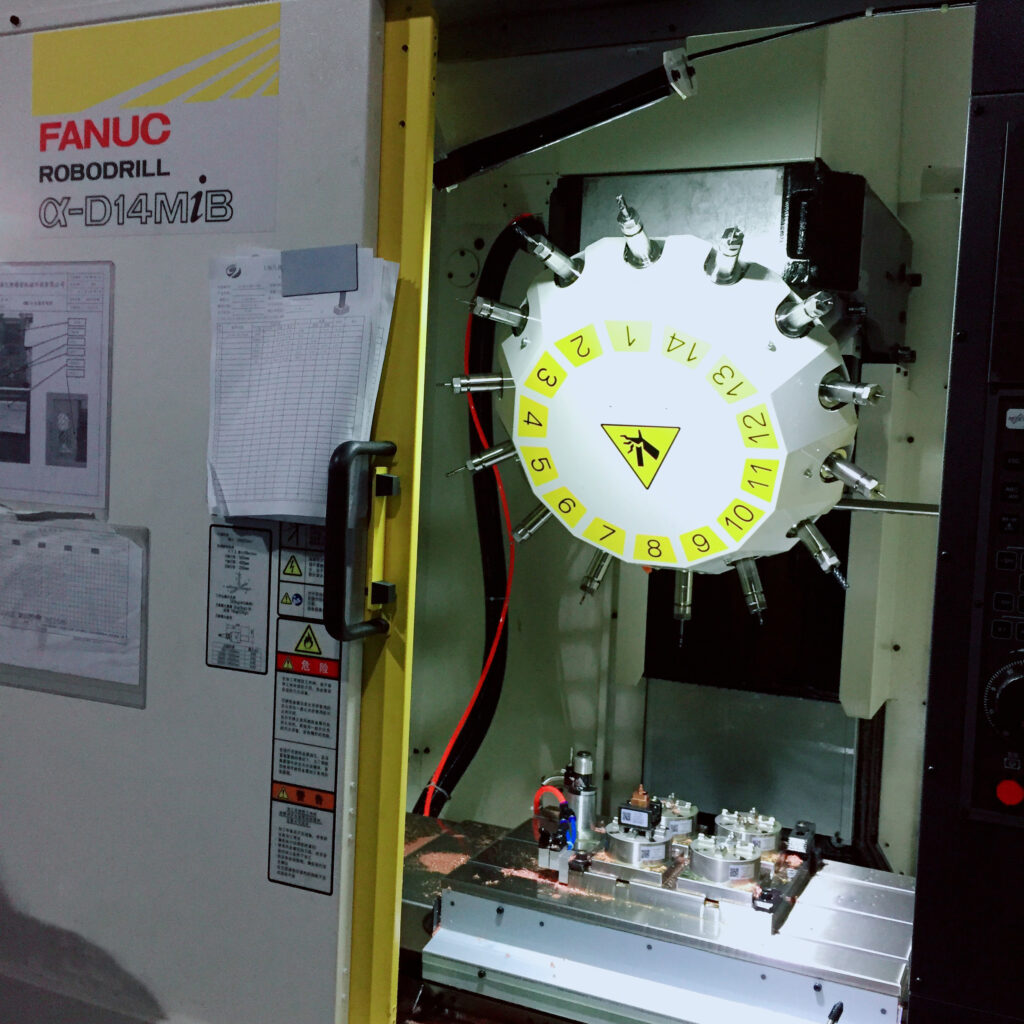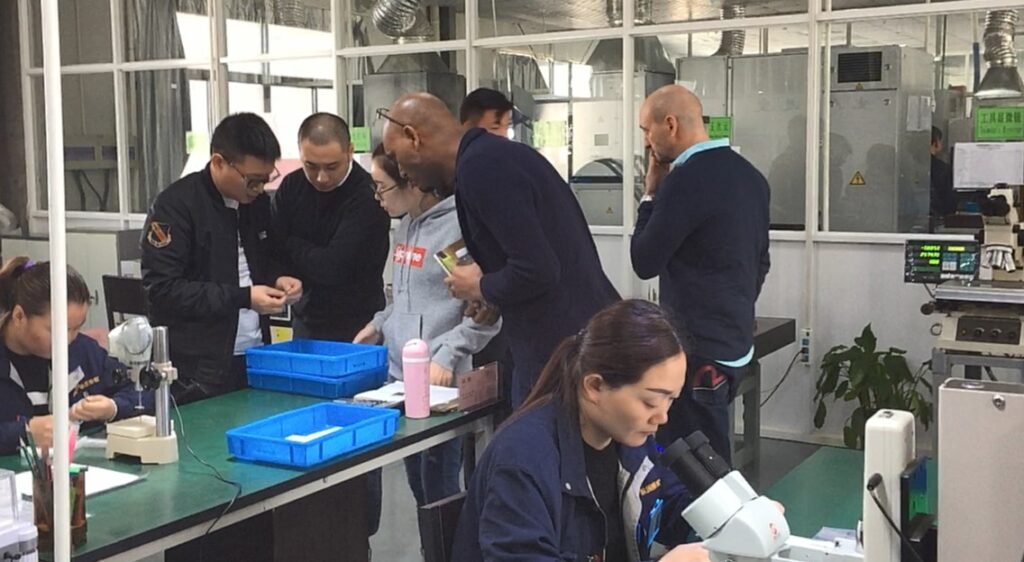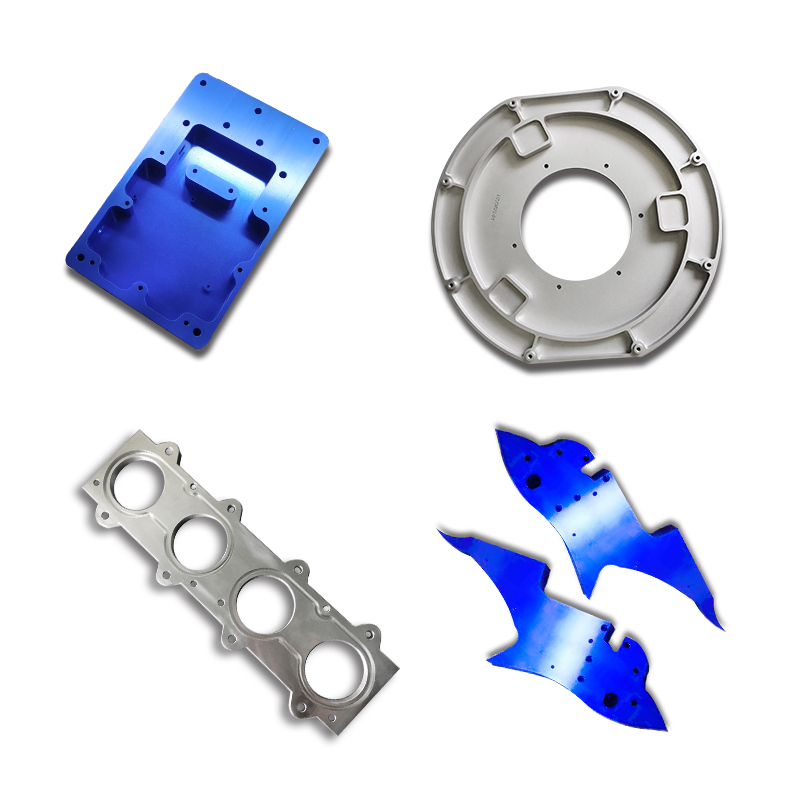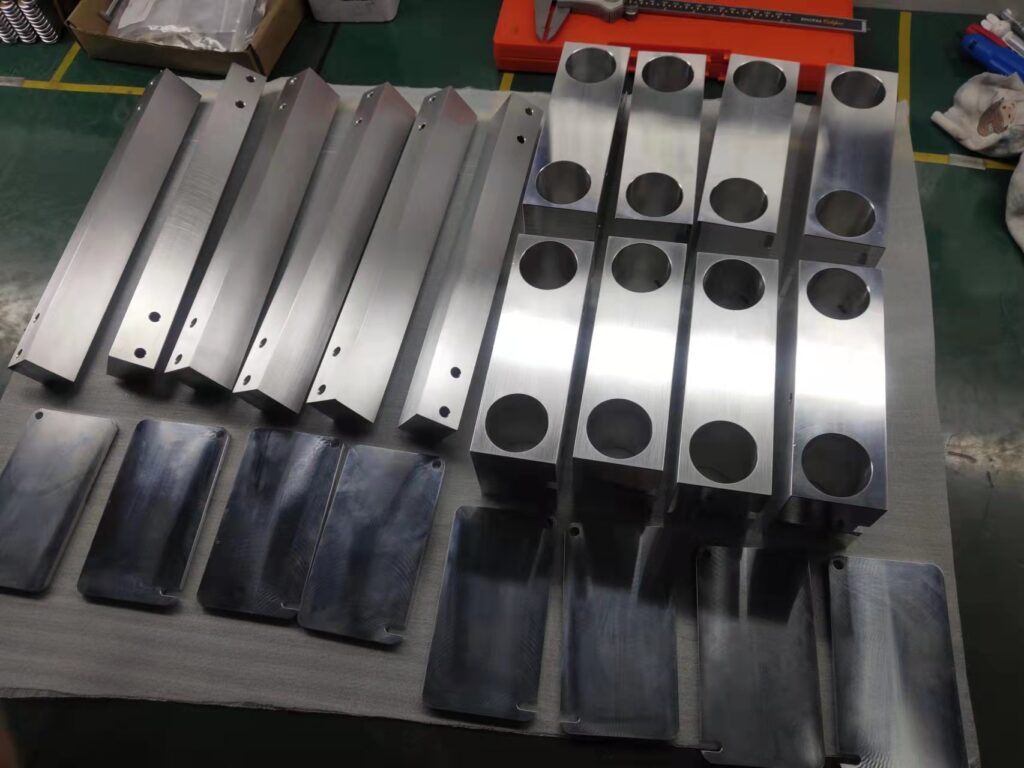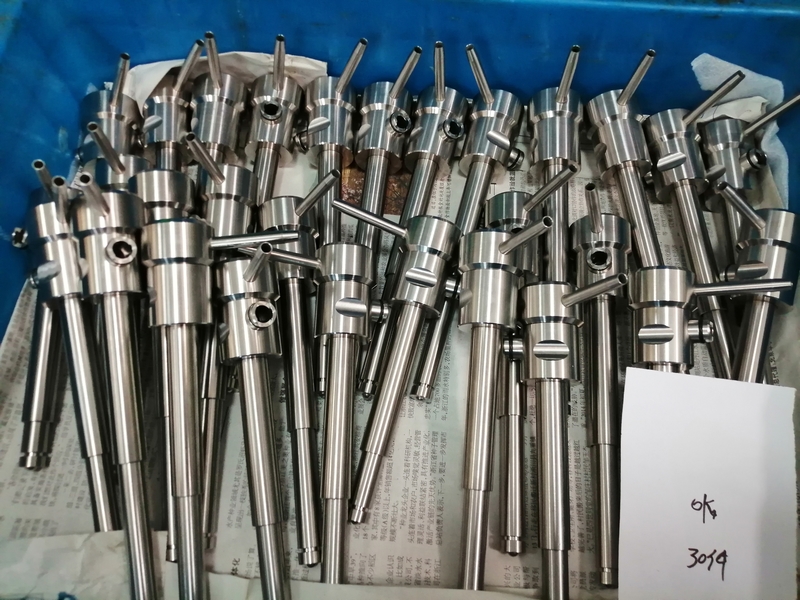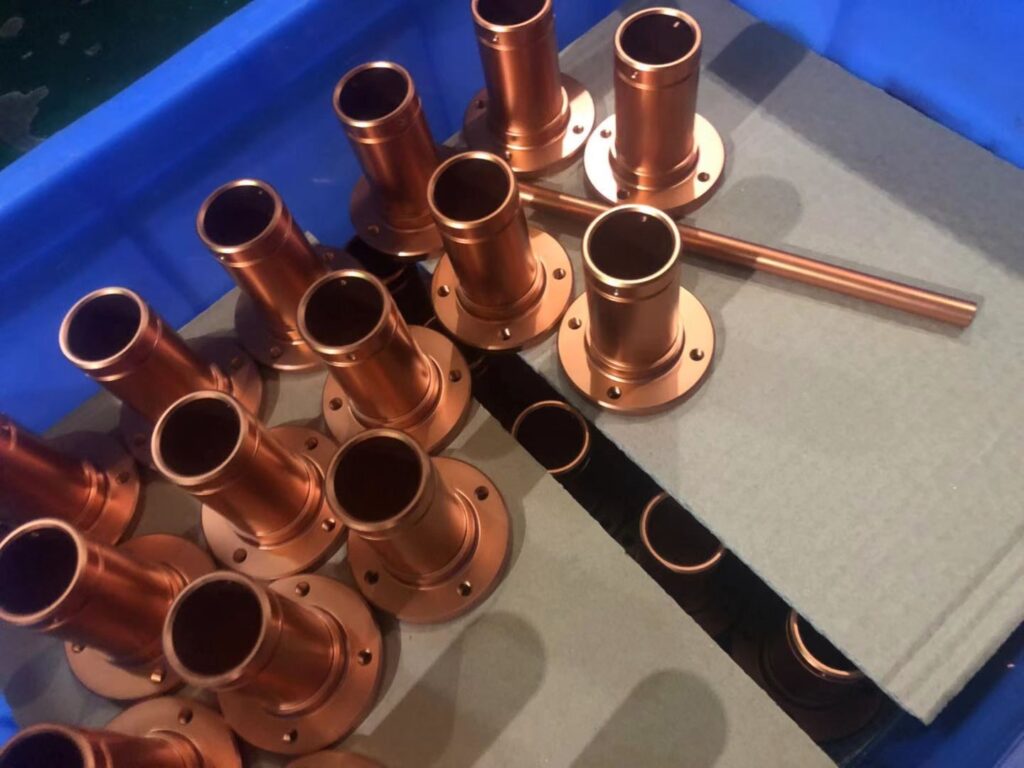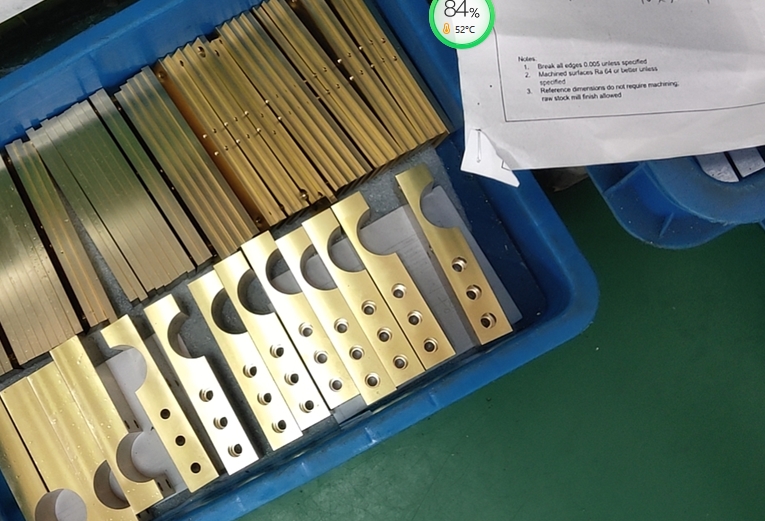At ELUE Industry, we specialize in high-precision CNC machining for a wide range of metals, including aluminum, steel, titanium, and more. With over 20 advanced CNC machines and an experienced engineering team, we deliver custom parts with unmatched accuracy, efficiency, and consistency.
